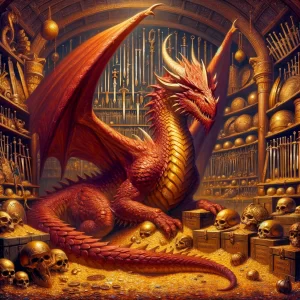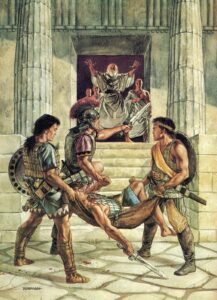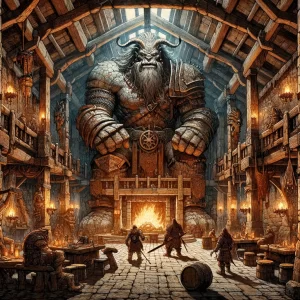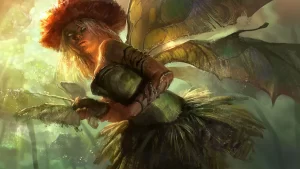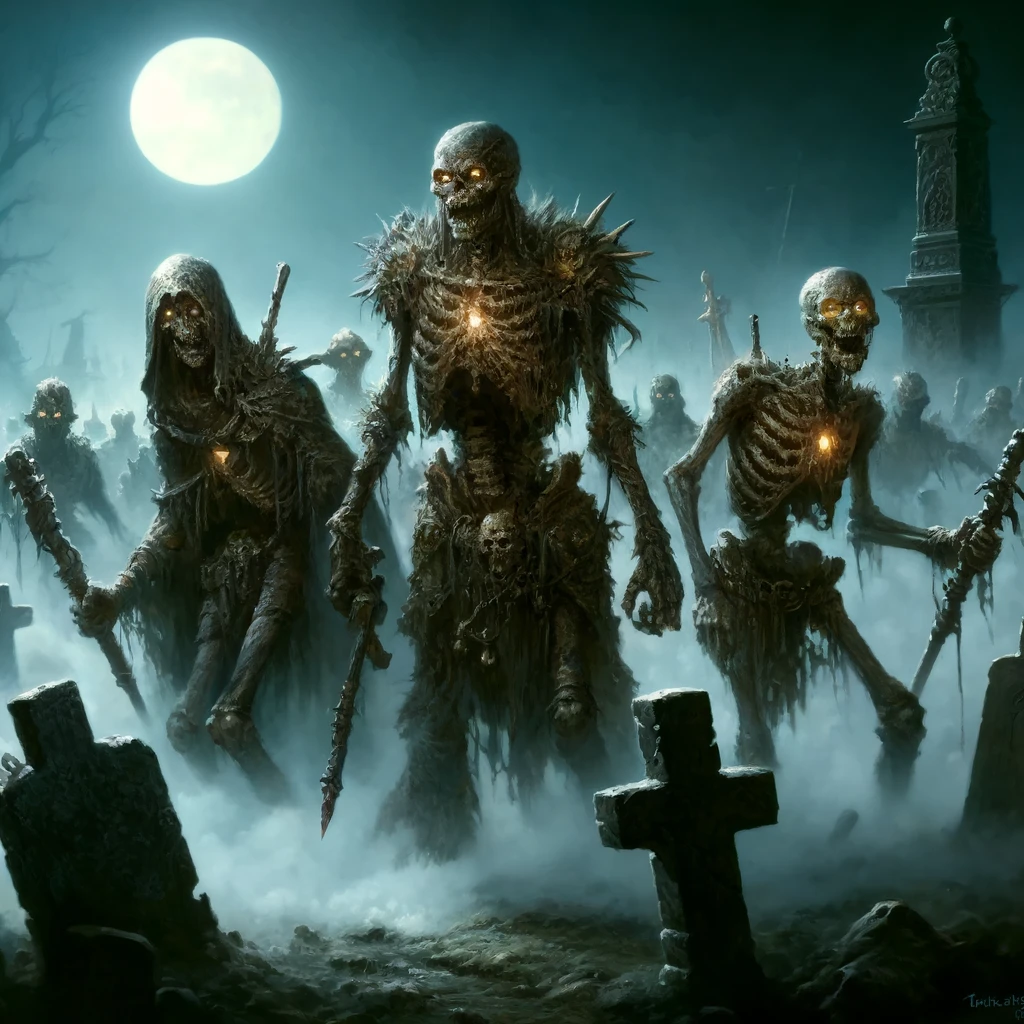
Clawing their way back from the dead through dark pacts, wights are beings trapped between life and undeath, and truly of neither world. Though they somewhat resemble withered corpses, their sunken features are not the result of natural decay, nor will they deteriorate further; a wight's visage forever marks it as the terrible creature it has become. The unhappy existence of a wight is often the fate of those in morality tales who do not correct their ways of vanity and greed, forced to linger on forever regretful of their past deeds. In truth, wights lack the capacity for repentance; their emotions are cold, and their memories dimmed and faded. Clinging to their semblance of life is the only worthy goal.
A wight rises when a soul consumed with unfulfilled ambition, revenge, or greed calls out as it screams towards the afterlife and is heard by some dark entity. Of course, there are many who feel such emotions upon death, but only the truly wicked or desperate are willing to pay the price asked of them to return to some form of life.
For most, this is vanity, ambition, greed, and superiority - these are people who think simple death is beneath them and the world owes them an extension on life. Warlocks who swear their pacts to more sinister forces may be risen as wights if their benefactor deems them to have outstanding tasks. Very rarely do folk plan in advance to become a wight, but those few carry curse tablets upon their person if they suspect their death is at hand; thin sheets of lead carved with a plea to whatever will hear it, promising their soul in exchange for a chance to carry on in wight form.
A wight is returned to its body and given free will to act as it sees fit, provided it also aid the undead against the living at any given opportunity, and fulfil any other task its dark master may ask of it. While not compelled to do so (as this would deprive them of their free will), each wight is keenly aware that they are allowed to exist only at the whim of their master, and that failure to comply means destruction, or condemnation to mindless undead servitude.
Life itself rebels against the presence of a wight; grass blackens and rots at their feet, streams sour at their crossing, and beasts flee before them. These effects reverse in time but, should a wight remain in an area for a time, it is possible nothing shall ever grow there again. The sun is nothing but a reminder of the life the wight once had, and it would avoid and despise the light even if it didn't cause it immense physical discomfort. This, as well as their ability, and ofttimes need, to raise the dead as their unthinking servants, drives them towards barrows and tombs as places of respite. Unless driven together by a higher power, as lieutenants in an undead army for example, wights tend to work alone, so infestations are rare (thankfully, as a lone wight and its minions is usually trouble enough).
Wights retain little of their former personality, and feel nothing towards former friends or allies. They keep their memories, compartmentalized as if those of another, so will recognize characters from their past, but feelings of companionship or love are dimmed. They retain knowledge of their associates in terms of skill set, usefulness, or expendability; sentiment is considered pointless when compared to the goal of their well-deserved eternal life.
They can only mimic emotions and sentiment to prey upon gullible or naïve acquaintances, perhaps leaning on a once-trusted friend for some useful influence, or feigning outrage to be gifted a boon from a former ally. These are but illusion, however, and any who know a wight would do well to accept that the person they knew is dead and gone.
One familiar with ghosts might assume that a wight is released from undeath upon the fulfilment of their goal but, as the wight has no specific goal but to cling to life itself, the force that powers them lingers indefinitely. Devoid of personal ambitions, wights exist only to hinder the living, serve their patron, and extend their own existence, only growing in cold, patient anger as the memories of their former self fade. After enough time, most forget why they hang on to life but, remembering no other purpose, continue to do so at all costs.
For a wight, self-preservation is key, given the price they paid to return to the land of the living, so they do not act rashly. They think nothing of using their underlings as arrow-fodder - what does it matter if their minions are expended, so long as they themselves survive? Should a wight find itself outnumbered, it will focus its attacks on the individuals it deems the weakest in turn, raising them as undead allies as they fall and, in time, turning the numbers to its advantage. Wights have the luxury of time on their side and, devoid of heated emotion, are content to wait and plan the eradication of any personal threats, be they individuals or entire settlements.

